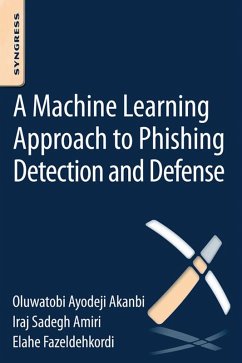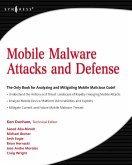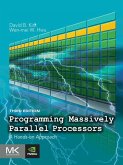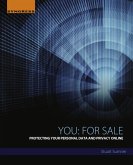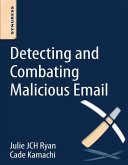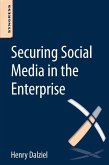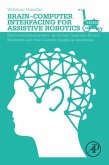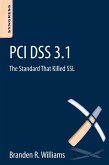Phishing is one of the most widely-perpetrated forms of cyber attack, used to gather sensitive information such as credit card numbers, bank account numbers, and user logins and passwords, as well as other information entered via a web site. The authors of
A Machine-Learning Approach to Phishing Detetion and Defense have conducted research to demonstrate how a machine learning algorithm can be used as an effective and efficient tool in detecting phishing websites and designating them as information security threats. This methodology can prove useful to a wide variety of businesses and organizations who are seeking solutions to this long-standing threat.
A Machine-Learning Approach to Phishing Detetion and Defense also provides information security researchers with a starting point for leveraging the machine algorithm approach as a solution to other information security threats.
- Discover novel research into the uses of machine-learning principles and algorithms to detect and prevent phishing attacks
- Help your business or organization avoid costly damage from phishing sources
- Gain insight into machine-learning strategies for facing a variety of information security threats
Dieser Download kann aus rechtlichen Gründen nur mit Rechnungsadresse in A, B, BG, CY, CZ, D, DK, EW, E, FIN, F, GR, HR, H, IRL, I, LT, L, LR, M, NL, PL, P, R, S, SLO, SK ausgeliefert werden.

